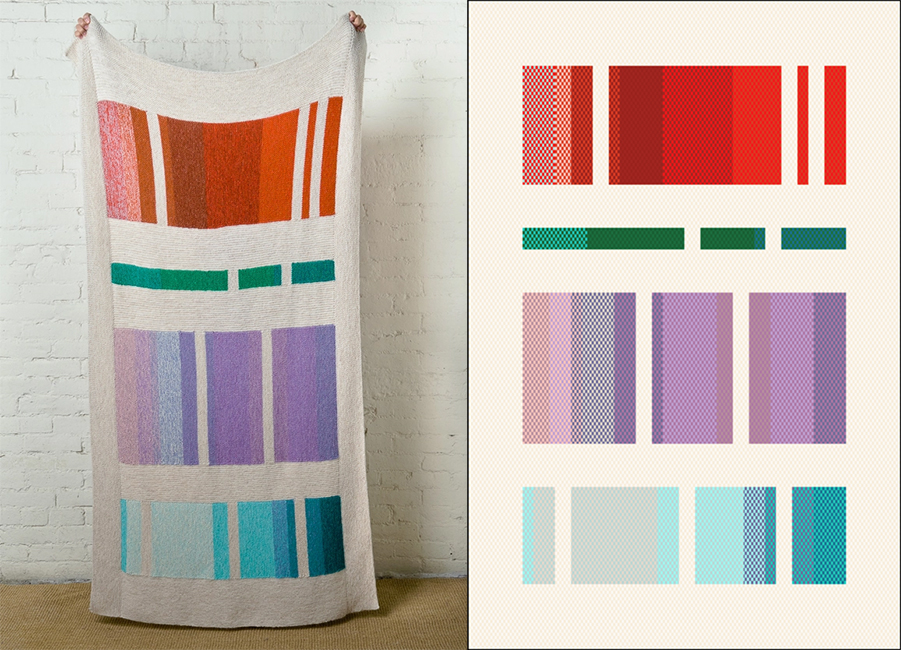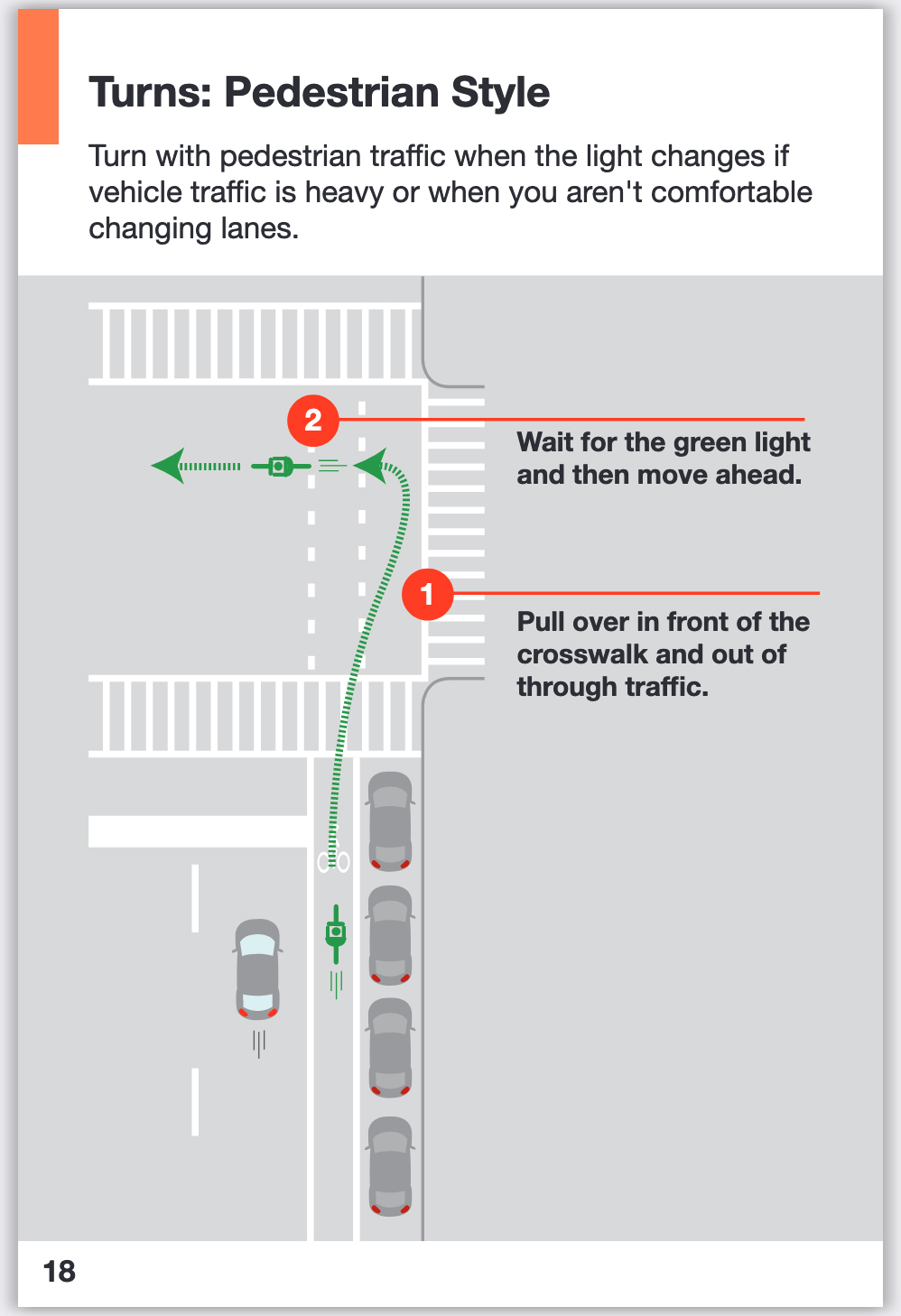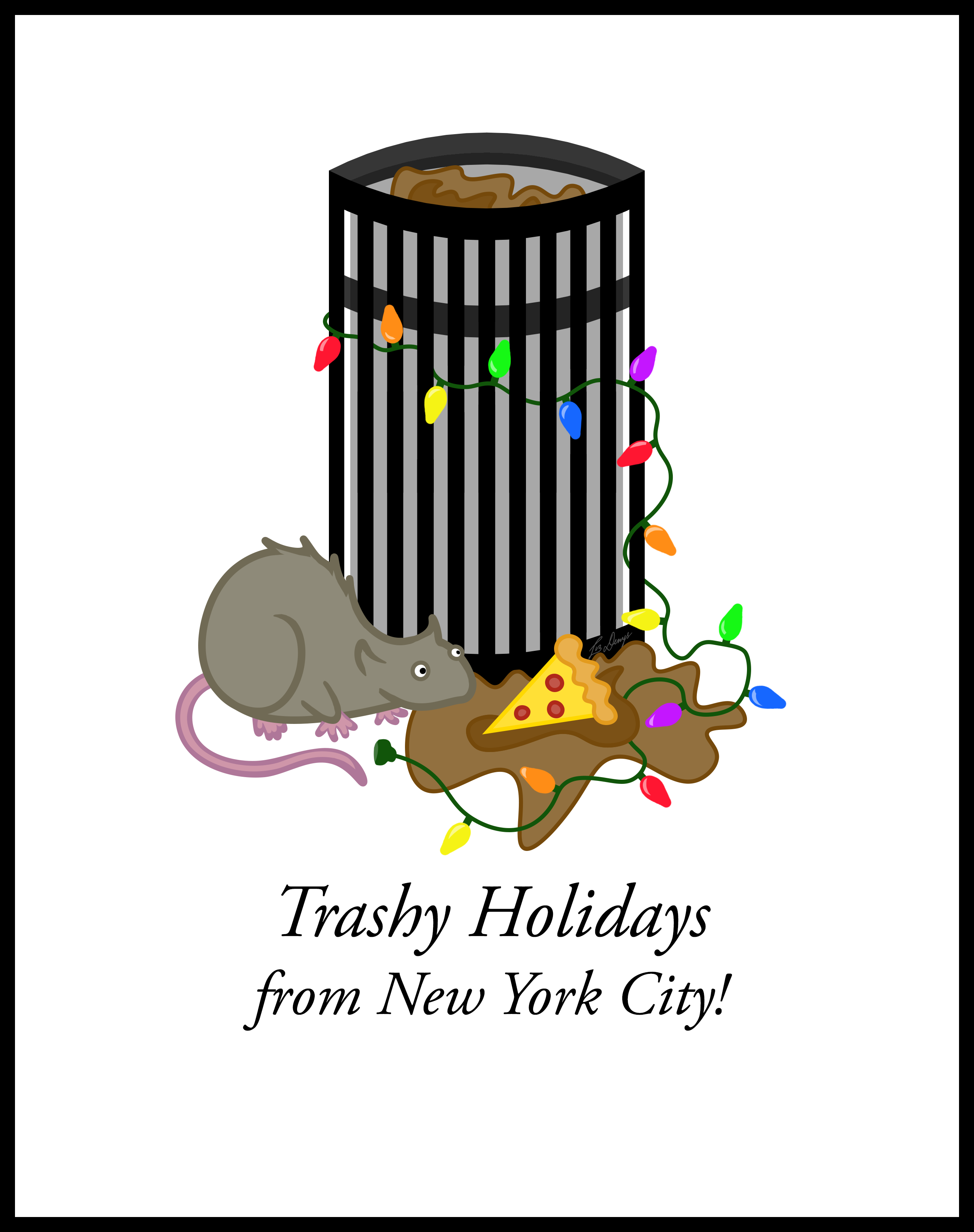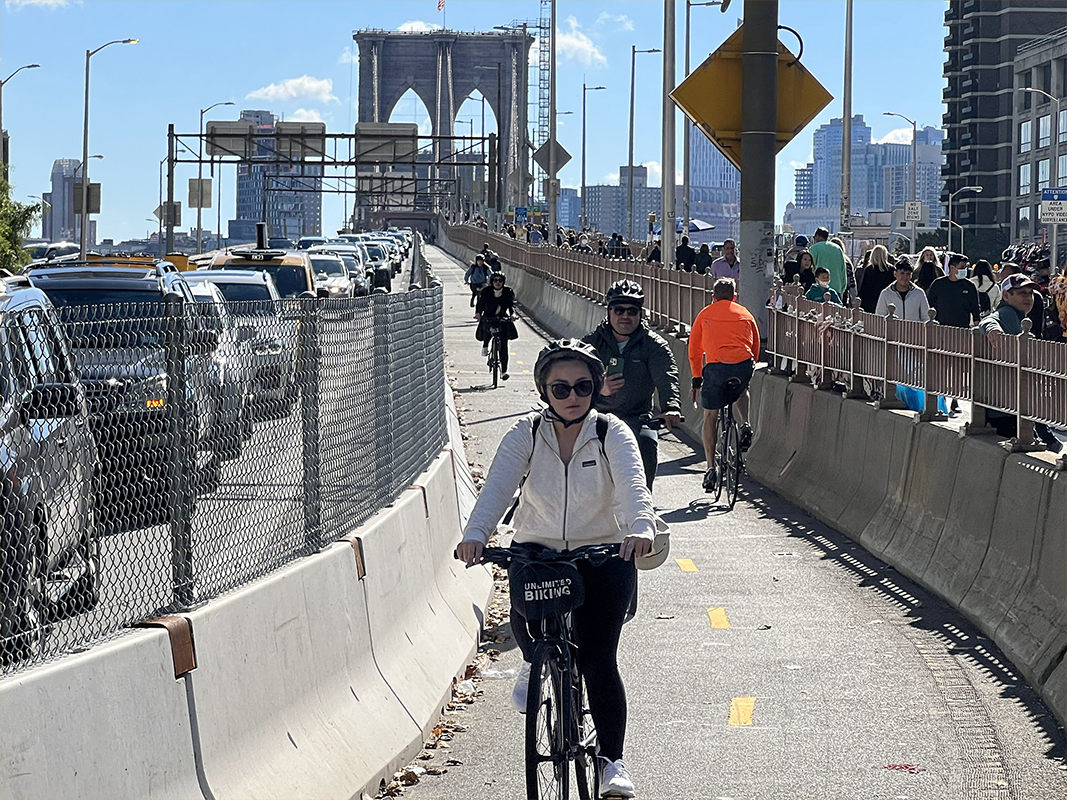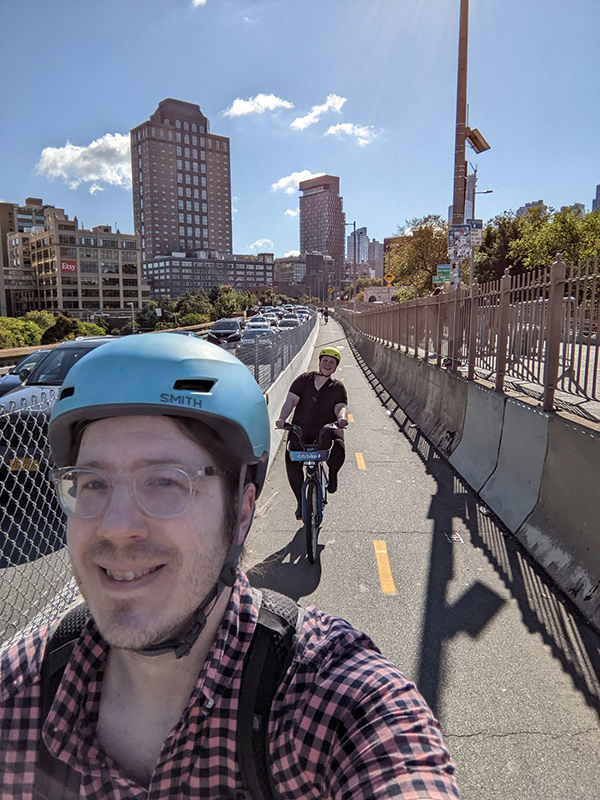A fan of my Library Blanket color palette preview tool asked if I could make one for the Mitered Corner Blanket, so I did. This blanket's square building blocks are also made by holding different pairs of yarns together, so this tool can be used to help imagine how a custom yarn palette would knit up.
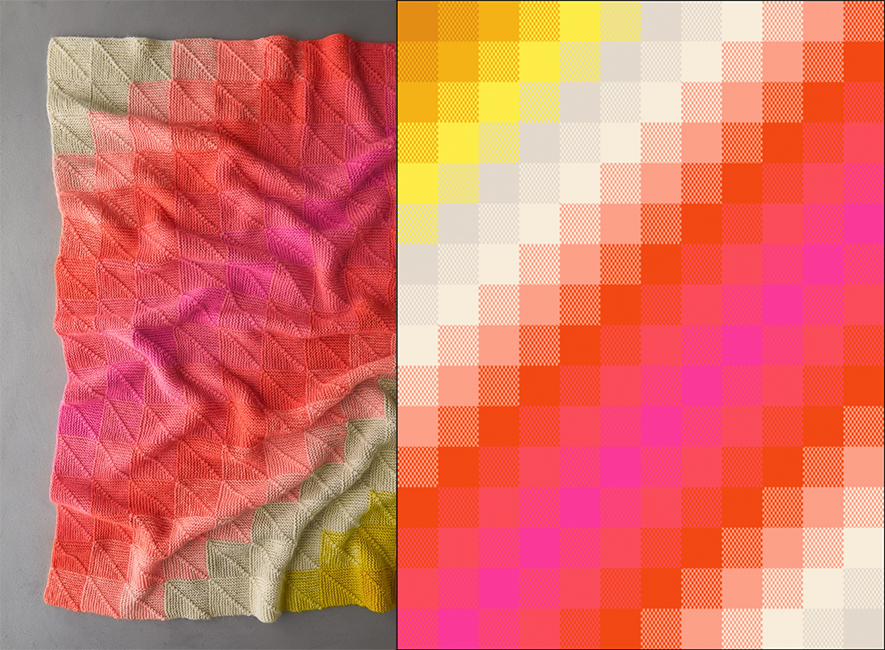
The tool will also generate the color list for the yarn names given, so you can easy copy it without the bulk around the input fields.
I've included the original color palettes stated in the pattern, the additional palettes Purl created a year later, and two palettes of my own creation, and you can also create your own palettes either by selecting Purl Soho Linen Quill yarns from the dropdowns or by entering custom yarns in the text and color input fields. For each of the Purl Soho Linen Quill yarns in the dropdowns, I selected a hex color I felt corresponded well to the photo of that colorway. (Of course, a single color doesn't fully capture the subtleties in these yarns, and you may think a different hex color better matches a colorway than the one I chose! If you'd rather use a different hex color for a yarn, you can input it like you would for a custom yarn.) To preview this pattern with different yarns than the two Purl Soho specified in the pattern, you can enter your own yarn names and hex colors.
When you update any of the fields in the tool, the Mitered Corner Blanket rendering and color list automatically update below.
